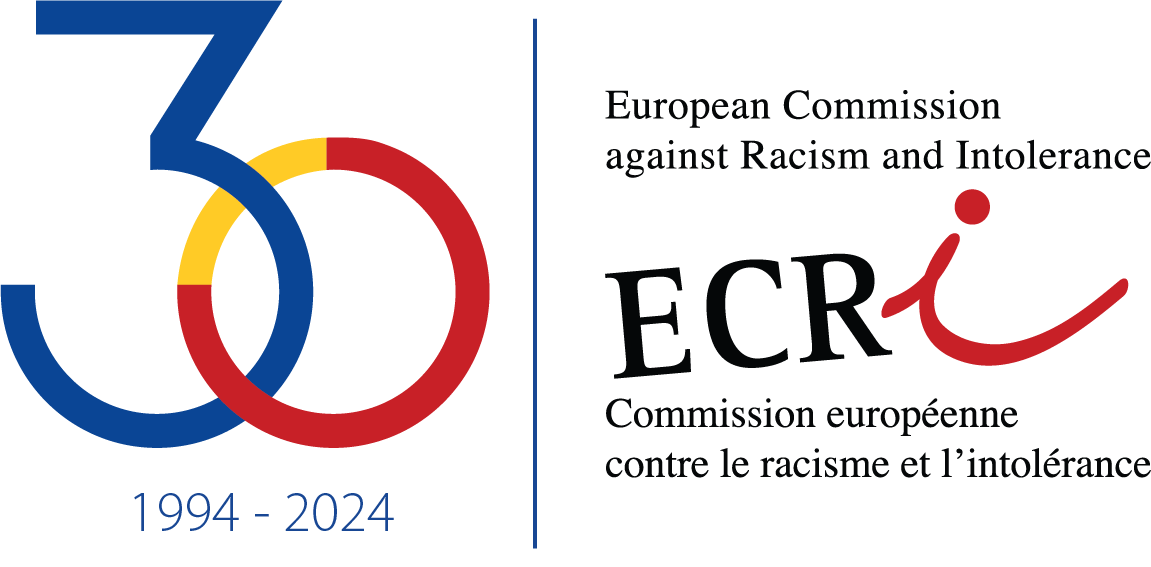The European Commission against Racism and Intolerance (ECRI) published today its conclusions on the implementation of its priority recommendations addressed to Albania, Austria, Belgium, Germany and Switzerland in 2020.
The priority recommendations addressed to the authorities of Albania were about finding a speedy solution to the long-running housing crises affecting the Roma and Egyptian communities in the Kabash and Guri i Kuq areas of the Pogradec municipality, as well as finalising the necessary bylaws (secondary legislation) for the Law on Legal Aid and the Law on Social Housing. ECRI recognises the significant efforts and positive steps taken and concludes that both recommendations have been partially implemented.
As for Austria, ECRI recommended, as a matter of priority, to ensure that free legal aid and advice is provided to asylum seekers by a fully independent structure. ECRI welcomes the action taken for strengthening the independence of the Federal Agency for Care and Support Services and strongly encourages the authorities to take due account of the suggestions made by the Quality Advisory Board. This recommendation has been partially implemented, ECRI concludes.
The second priority recommendation was about revising the provisions of the new Social Welfare Act, which would have required greater language proficiency in German or in English as a condition for receiving the higher level of social benefit. However, in the meantime the Austrian Constitutional Court found these provisions to be unconstitutional. ECRI therefore considered that this recommendation had already been implemented.
In its report on Belgium published in 2020, ECRI recommended, as a matter of priority, to ensure that no public or private service provider is required to report persons it suspects of being irregularly present on Belgian territory for the purposes of immigration control and enforcement. This recommendation applied in particular to providers in the areas of labour protection and justice, the aim being to prevent any obstacles to the effective enjoyment by migrant workers, irrespective of their residence status, of their right to recover back pay owed by their employers and to have full access to complaints mechanisms. ECRI concluded that its recommendation has not been implemented.
The second priority recommendation to Belgium concerned appointing new experts to the Committee to Evaluate Federal Anti-Discrimination Legislation and providing the Committee with adequate resources. As part of the same recommendation, ECRI also suggested consulting civil society organisations (as representatives of victims of discrimination) and combining the evaluation of anti-discrimination legislation at the federal and at the federated entities’ levels. Overall, this recommendation has been partially implemented, ECRI concludes.
As far as Germany is concerned, ECRI recommended, as a matter of priority, that the German authorities establish a coherent system of organisations providing victims of discrimination with effective support, including legal assistance throughout the country, which would also imply setting up independent equality bodies at the level of the German Länder. ECRI concludes that its recommendation has been partially implemented and recognises that significant efforts were made and positive steps taken. ECRI also recommended that the police authorities of the Federation and the Länder commission a study on racial profiling and participate in it, with the aim of developing and implementing measures addressing any racial profiling in policing. Despite some welcome initiatives, ECRI concludes that its recommendation has not yet been implemented.
ECRI recommended to the authorities of Switzerland that the Counselling Centres for Victims of Racism be strengthened by human resources and increased funding (from a budget separate from the Cantonal Integration Programmes). It also recommended that the authorities grant a regular residence status to persons who cannot be returned to their country of origin after a maximum period of six years. ECRI concludes that neither of these two priority recommendations have been implemented.
These conclusions are based on government responses and information gathered from other sources. They concern only ECRI’s priority recommendations and do not aim at providing a comprehensive analysis of all developments in the fight against racism and intolerance in the countries concerned.




